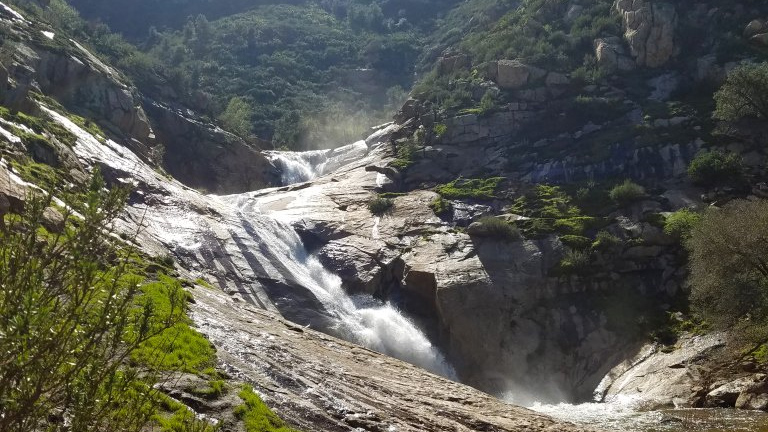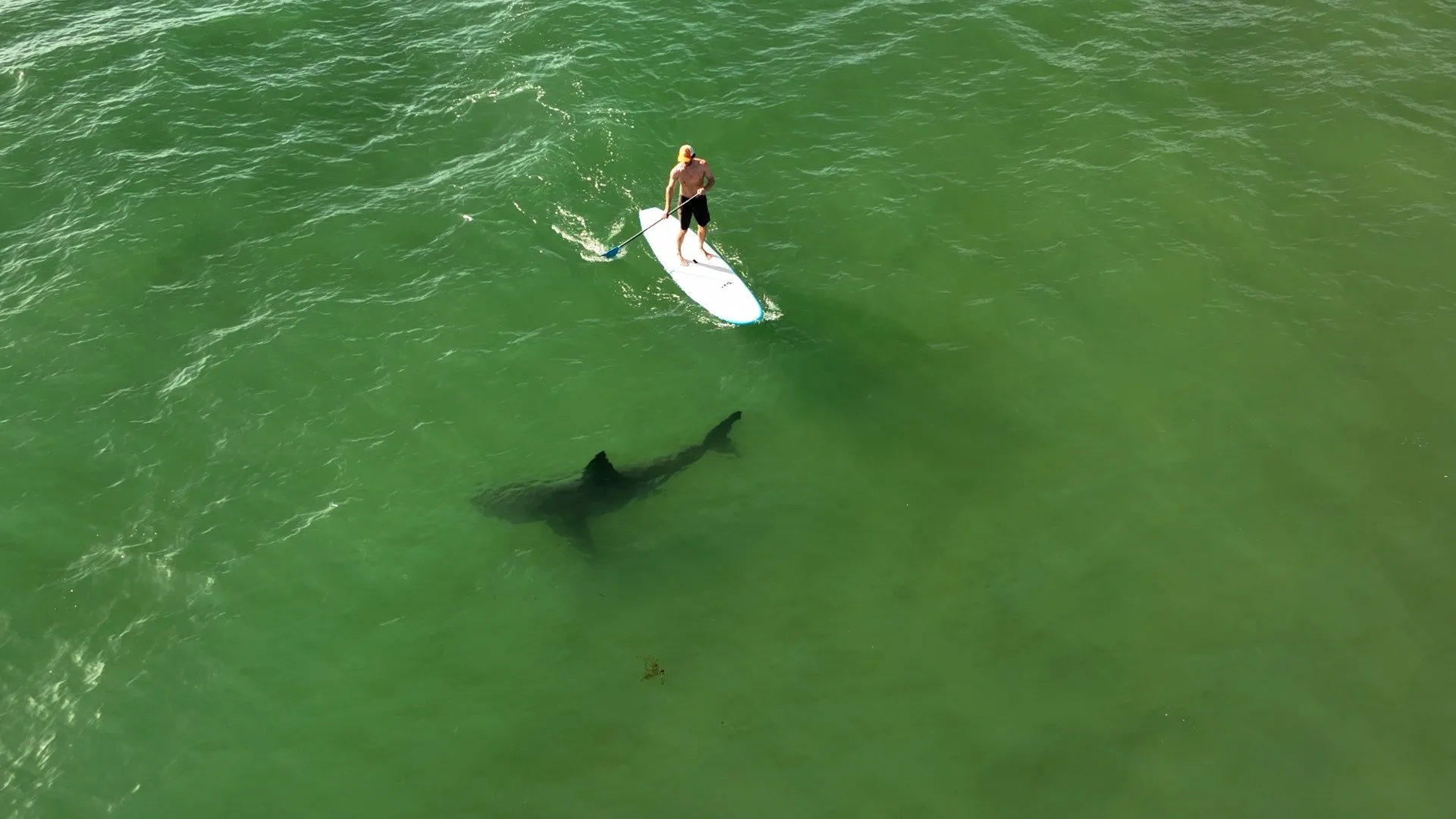Former congressman Duncan Lee Hunter held a press conference on Friday to announce the results of a polygraph test he said proves he did not lead a military cover-up to protect his son, Duncan D. Hunter.
In response to a years-long NPR investigation claiming the opposite, he told reporters that he was unaware of the involvement of his son, a Marine during the 2004 Iraq War, in a friendly-fire incident that killed three people, including two Marines. Nor did he interfere, he said, all while he was chair of the House Armed Services Committee at the time.
Hunter Sr. stood at a podium at Tuna Harbor Park in San Diego on Friday, addressing the audience.
“I put out my right arm, got hooked up to a lie detector test. I passed it,” said Hunter Sr.
Get San Diego local news, weather forecasts, sports and lifestyle stories to your inbox. Sign up for NBC San Diego newsletters.
Current Most Read Stories on NBC 7 San Diego
He also passed out copies of the polygraph test to reporters.
In the podcast called “Taking Cover,” reporters travel to Iraq to find witnesses and families of the deceased to uncover the details that led to a U.S. mortar mistakenly hitting American troops during a gun fight in Fallujah, Iraq.
The reporters said obtaining the investigation report required a federal lawsuit, because they believed the military was covering up the accident. The podcast included multiple conflicting stories from witnesses about what happened — including accounts that Hunter was not responsible for any major decision making, as he was training.
“The Marines are honorable people. They go over there. They fight in difficult situations. You had a tragic friendly fire incident. The only thing you can do is continue your mission,” said Hunter.
Taking Cover also included interviews with a widow of one of the two Marines killed. According to the report, she said she didn’t know the truth for several years.
“I'm going to go contact those two families. I want to make sure that they know that there was no cover up because NPR has told them,” said Hunter.
One of the episodes featured an interview with one of Hunter’s military bosses, Col. John Toolan. According the podcast transcript, he said Hunter was generally a poorly prepared soldier and a reckless young officer with disregard for basic safety protocols. He also added that Hunter was cocky and “wasn’t the kind of guy that you want your son to be led by.”
There was a twist in reporting when NPR interviewed now-general, Greg Olson twice. He was a lieutenant colonel at the time. Olson backtracked his original story describing Hunter Jr.’s decisions in the Fallujah control center to fire at the wrong target.
Hunter Sr. said it was another officer that made the call.
“I think that everybody who dies in a combat situation, no matter what direction the bullets are come from, is a hero...” said Hunter Sr.
He also told the press that his son didn’t accompany him to the press conference because he didn’t want to speak about his fellow Marines that day.
Also in the podcast: NPR reporters spoke with the family of an Iraqi interpreter that was also killed in the incident and was never mentioned in the military's investigation report.



